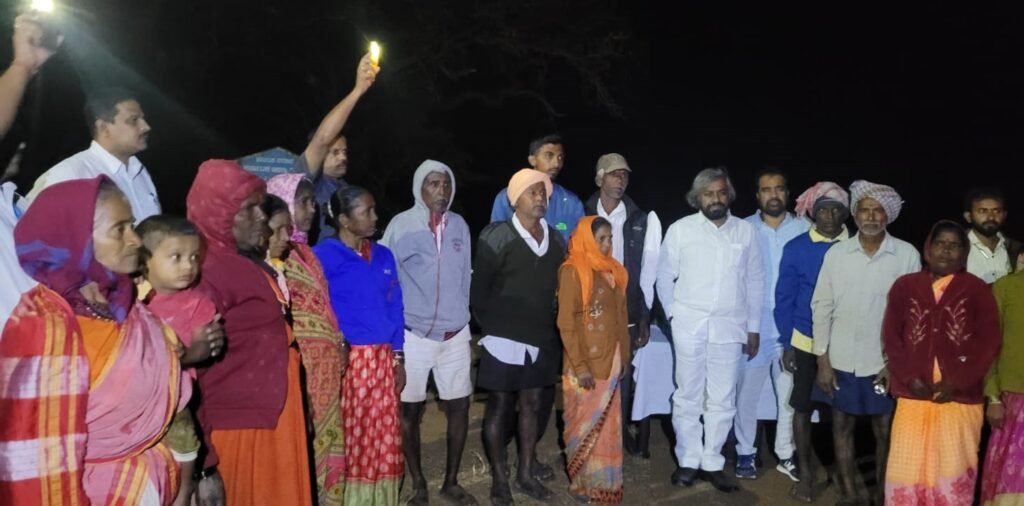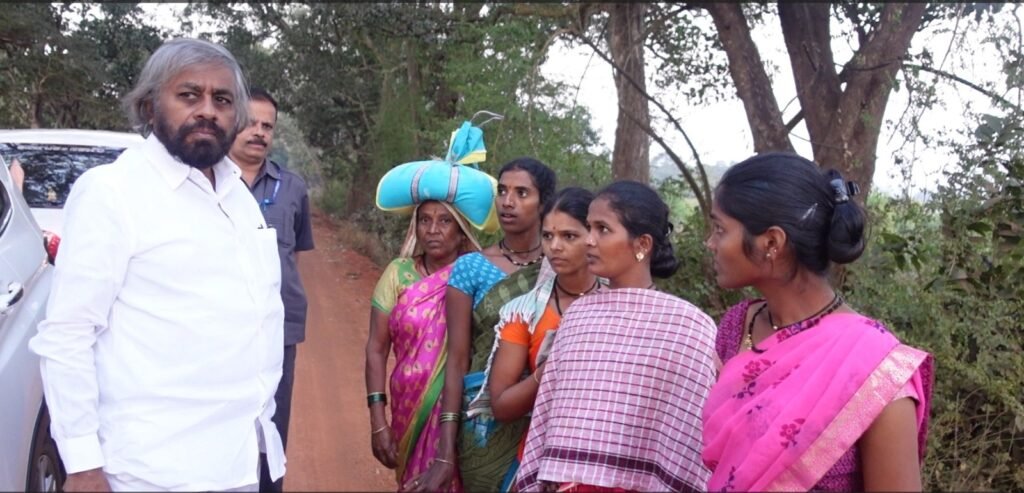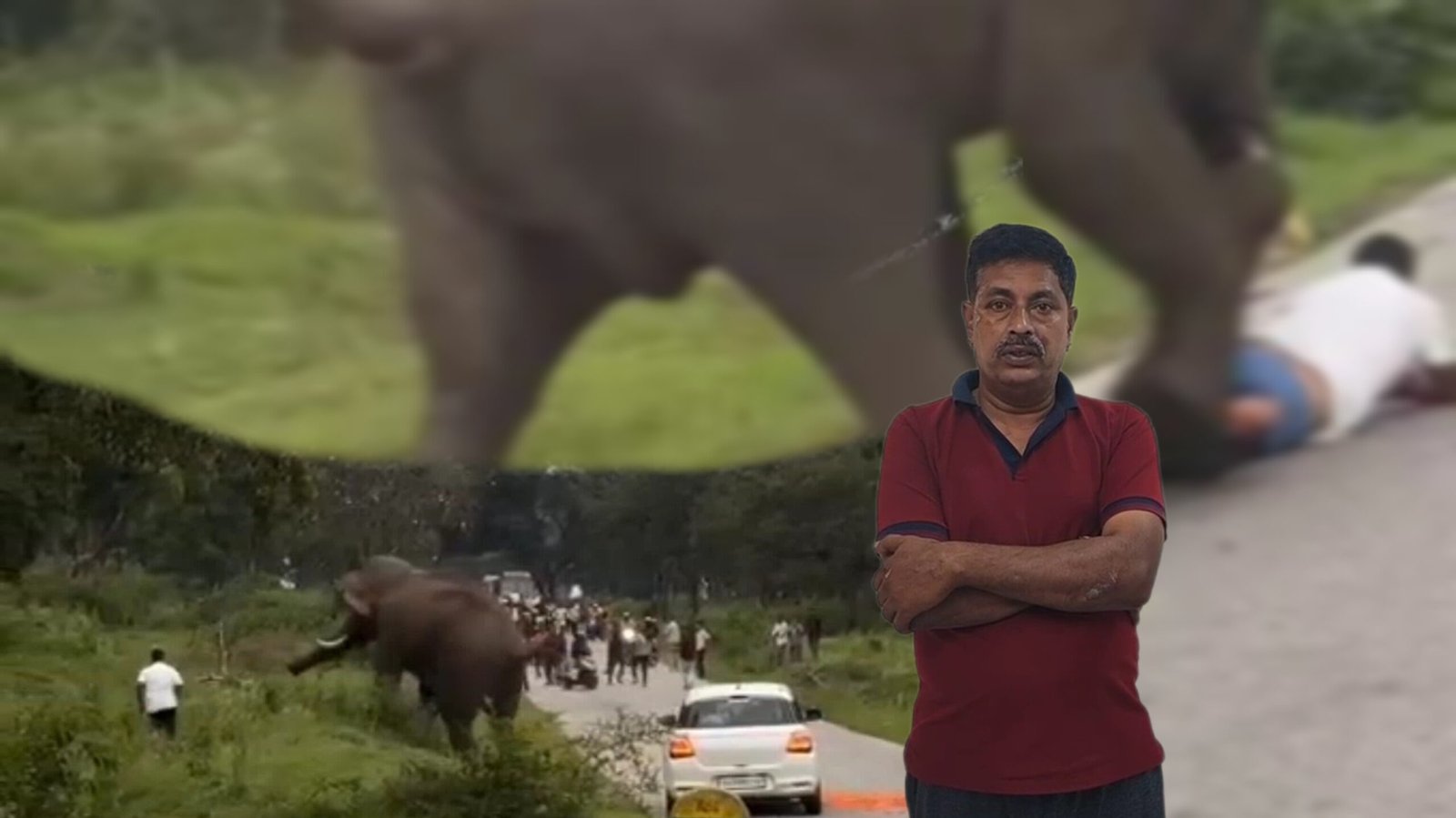Cheque Distribution for Resident Families
Eshwar B Khandre, Minister for Forest, Ecology, and Environment, confirmed that 27 families from Gawali village in Thalewadi, situated within the Bhimgad Wildlife Sanctuary of Belagavi district, have opted for voluntary relocation due to persistent wild animal threats.
The initial phase of rehabilitation commences on May 17, with each family receiving Rs 10 lakh via cheque. The remaining Rs 5 lakh will be disbursed after the families vacate their forest dwellings and forest officials complete their verification process.
Following Khandre’s area visit in December last year and discussions with forest inhabitants who showed interest in relocation, forest officials began the required procedures, including gram sabha consultations, to support their rehabilitation.

The residents of Thalewadi village currently survive without essential facilities such as roads, water and electricity. Emergency medical transport from the forest to nearby towns during night hours presents considerable difficulties. Considering these conditions, the voluntary relocation of Gawali village represents positive progress. The administration plans to extend rehabilitation to additional villages shortly.
Forest Dwellers Information
The Bhimgad Wildlife Sanctuary houses 754 families, totalling 3,059 individuals across 13 settlements. To ensure proper utilisation of rehabilitation funds, the administration will establish fixed bank deposits, enabling residents to acquire revenue land outside forest boundaries and establish their livelihoods.
The 13 settlements comprise:
• Kongal: 63 families
• Pashtoli: 36 families
• Gawali: 90 families
• Abanali: 81 families
• Jamgaon: 82 families
• Hemmadaga: 128 families
• Thalewadi: 13 families
• Degao: 31 families
• Palya: 73 families
• Mendil: 40 families
• Krishnapur: 12 families
• Holda: 7 families
• Amgaon: 98 families
The population consists of 1,530 men and 1,443 women, totalling 3,059 individuals. During monsoons, certain settlements become isolated due to stream overflow, limiting residents’ access to basic necessities.




